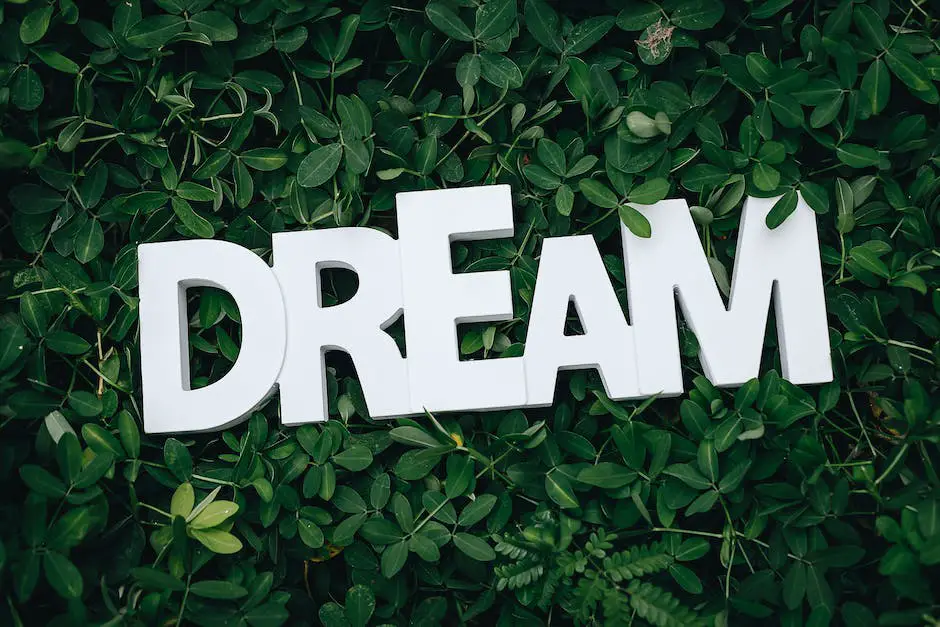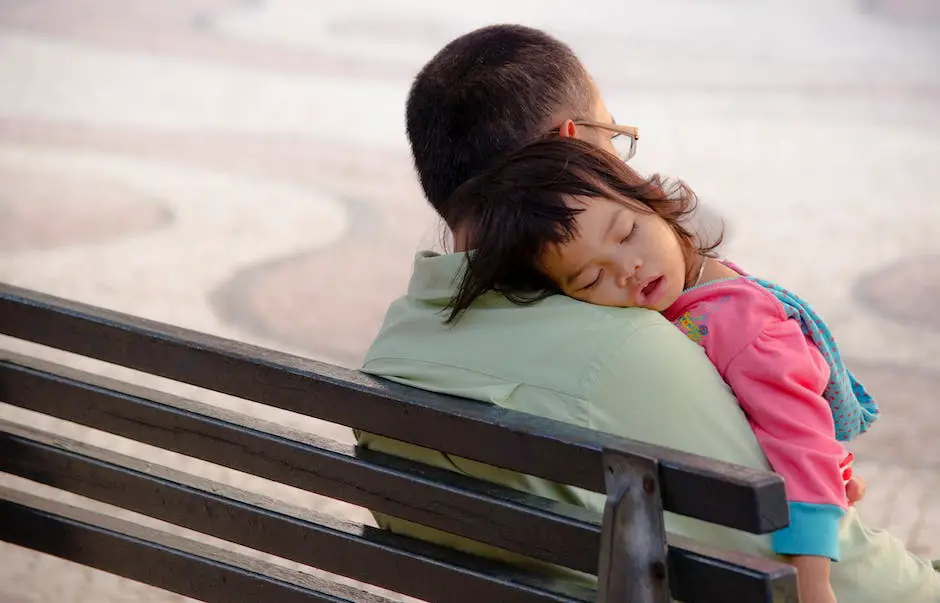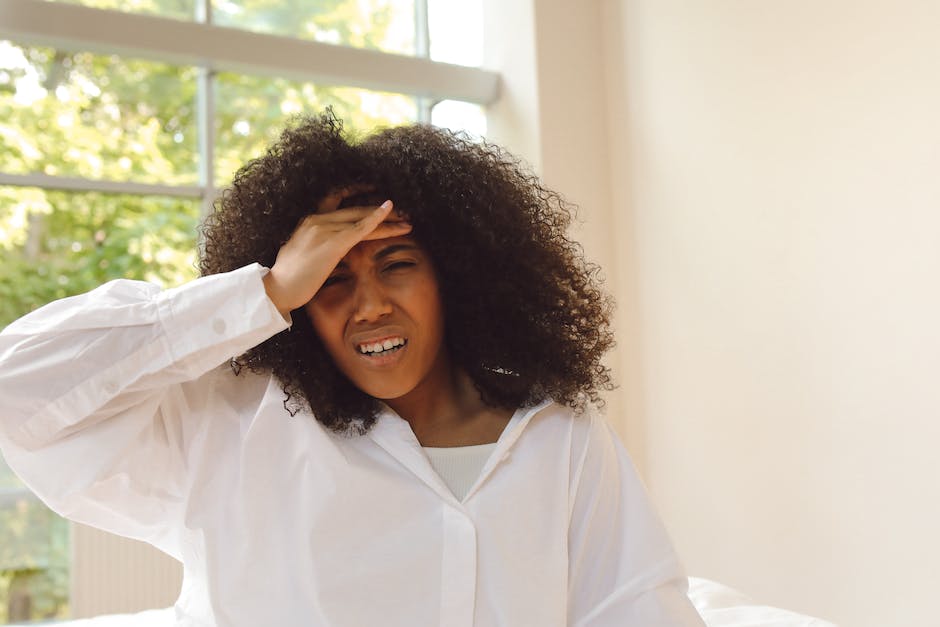The fascinating world of dreams and the often-dreaded aftermath of alcohol consumption, the hangover, may seem miles apart. However, emerging research suggests a stronger correlation between these two seemingly discrete phenomena than you might think. Delving into the complex web of understanding hangovers and their causes, exploring the enigma of dreams and how they occur, and scrutinizing the effects of alcohol on sleep patterns, together, help construct the broader sphere that encapsulates the ramifications of alcohol consumption on dreaming. In this exploration, we will unpack the scientific mechanisms of hangovers on physical and mental states, dream science, interactions between alcohol and sleep, and, essentially, how these effects spill over into the dream world. Additionally, we will look into practical ways to navigate and mitigate dream disturbances induced by hangovers, with inputs from medical and psychological professionals.
Understanding Hangovers: Causes and Effects
Understanding Hangovers: Causes and Mechanisms
A hangover refers to the collection of unpleasant physical and mental symptoms that occur after consuming alcohol. Alcohol consumption impacts various physiological processes, which subsequently leads to a hangover. Alcohol is a diuretic, which means it leads to increased urine production and results in dehydration. This dehydration is primarily responsible for symptoms like thirst, dizziness, and lightheadedness.
Alcohol also triggers an inflammatory response from your immune system, which can disrupt normal sleep patterns, appetite, and concentration, often contributing to mood disturbances. Additionally, alcohol irritates the lining of your stomach, producing gastritis and affecting the absorption and digestion of nutrients. This can lead to abdominal pain, nausea, and vomiting.
Hangovers and Their Impact on Sleep
One of the essential factors to consider when understanding the effects of a hangover, particularly how it impacts dreams, is the role of alcohol on sleep. While alcohol might help you fall asleep, it significantly disrupts the quality of sleep you get. Alcohol interferes with your sleep cycle, particularly REM (Rapid Eye Movement) sleep, which is the sleep stage where most dreaming occurs.
Descending into deep REM sleep is crucial for feeling rested and is a vital component of the sleep cycle. When alcohol is consumed, it suppresses REM sleep in the first half of the night. As the alcohol wears off in the second half, there’s a rebound effect resulting in more REM sleep. This phenomenon is called REM rebound, which leads to longer and more intense periods of dreaming, and potentially causing nightmares.
The Effect of Hangovers on Dreams
The hangover effect on dreams is largely attributed to the REM rebound. As mentioned before, during the second half of the night, after the alcohol effect wears off, your brain jumps back into REM sleep, causing longer, more vivid dreams, or even nightmares.
Due to the disrupted sleep, you might wake up more frequently during the REM stage of sleep, which also causes these dreams to be more vivid and easier to remember. This heightened dream recall combined with increased dream frequency and intensity can significantly alter the dream experience during a hangover.
Furthermore, hangovers often result in feelings of anxiety, which can further influence dream content and cause stress-related or disturbing dreams.
Going Beyond the Physical Miseries of a Hangover
Hangovers usually carry the reputation of dizziness, headache, and nausea. However, these unpleasant aftereffects of a drinking spree can intrude into our dreams as well. It may sound surprising but hangovers play a significant role in reshaping our sleep cycles and dream patterns, thanks to the effect of alcohol on our REM sleep. During a hangover, people experience something called the REM rebound, where they tend to dream more and recall them vividly. This can potentially result in an intricately detailed and unsettling dream that heightens the overall discomfort of a hangover.
It’s important to note here that persistent and heavy alcohol consumption can lead to severe sleep disturbances and even graver health issues. Thus, moderation is the guiding principle when it comes to alcohol intake.

Under the Covers of Dream Science
Unraveling the Intriguing World of Dreams
Dreams have always been enveloped in a shroud of mystery, leading to a variety of intriguing theories about what causes them and why. Looking from a psychological lens, dreams might be our subconscious mind’s way of unpacking the experiences we encounter in our wakeful hours. They could also mirror our deepest anxieties, desires, ambitions, and fears. From a neuroscience viewpoint, the focus shifts to the chemical and biological processes underway during sleep that give rise to dreams. Dreams primarily unfold during the REM (Rapid Eye Movement) stage of sleep when our brain is nearly as active as when we’re awake.
From a neuroscience perspective, dreams appear to result from random electrical impulses in our brain, triggering images from our memory vault. The signals begin in the brainstem and travel to the brain’s sensory cortex. According to the activation-synthesis theory by Harvard Psychiatrists John Allan Hobson and Robert McCarley, dreams are our brain’s interpretation of these seemingly nonsensical signals and attempts to construct a coherent narrative.
Alcohol’s Impact on Dreams During a Hangover
One common effect of alcohol consumption is that it alters our sleep cycle, including our dream cycle. A large amount of alcohol tends to make us fall into deep sleep faster, bypassing the REM sleep phase that is associated with vivid dreaming. The consequence of this disturbance is having fewer dreams or losing the ability to recall them.
As the effects of alcohol dissipate, our brain compensates by reverting back to REM sleep. This causes dreams to become intensely vivid or even turn into nightmares — a rebound effect that results in disrupted sleep and is likely to contribute to the weary state typically observed in hangovers.
Hangovers not only alter the frequency and vividness of dreams but also influence their content. Based on neuroscientific studies, withdrawal from alcohol can make dreams more distressing or negative. There is also an increased likelihood of dreaming about alcohol consumption or alcohol-induced scenarios. The frequency and intensity of these dreams are directly proportional to an individual’s dependency on drinking.
Additionally, certain studies indicate that hangovers can modify our emotional response to dreams. The physical distress experienced during a hangover, exemplified by headaches, nausea, and sensitivity to stimuli, can amplify the intensity of negative emotions felt in dreams. Furthermore, the psychological repercussions of a hangover, including anxiety, guilt, and depression, could heighten emotional reactions to dream content.
To sum up, a hangover can significantly affect the dynamics, content, and emotional experience of dreams. It disrupts our regular sleep cycle, causing irregular dream cycles and, occasionally, distressing dream content. Additionally, the emotional or physical discomfort experienced during a hangover can heighten the emotional response to dreams while awake.

Alcohol and Sleep Patterns
The Relationship Between Alcohol and Sleep Quality
Several studies have shown a clear connection between alcohol consumption and sleep disturbances. Although the sedating effect of alcohol can make an individual feel drowsy and fall asleep faster, this effect is short-lived. As the body metabolizes the alcohol throughout the night, sleep patterns are severely disrupted.
Drinking alcohol disrupts sleep homeostasis, which is the body’s regulation of sleep and wakefulness. Alcohol is known for its paradoxical effect: it initially promotes sleep but later causes disruptions, which results in feelings of fatigue and drowsiness the next day.
Alcohol and REM Sleep
Particularly impacted is rapid eye movement (REM) sleep, a critical sleep phase associated with dreaming, learning, and memory consolidation. Alcohol use, especially heavy use, can interfere with the REM sleep cycle.
During an alcohol hangover, sleep deprivation and fatigue are common symptoms, along with cognitive and mood disturbances. Many people report vivid, unusual dreams during hangover periods, possibly a result of alcohol withdrawal and the brain’s attempt to rebound into REM sleep.
Studies on Alcohol and Sleep
In a review published in the journal “Alcoholism: Clinical & Experimental Research,” it was noted that alcohol may shorten the time it takes to fall asleep but disrupts sleep in the second half of the sleep period. This disruption may lead to a decrease in total sleep time and the fragmented sleep could contribute to a hangover.
Another study found that high doses of alcohol consumption before sleep can result in a decrease in REM sleep in the first half of sleep. However, during the second half of sleep, there is a rebound effect, characterized by an increase in REM sleep and dreams, often negative or nightmares.
Hangovers and Dreams: An Intricate Relationship
The aftermath of a tipsy night often has a ripple effect, leading to significant repercussions on sleep quality. This can be attributed to withdrawals experienced as the levels of alcohol in the bloodstream drop to nil. Consequently, sleep architecture during a hangover undergoes several transformations including fragmentation, decreased REM sleep, and delayed inception of REM sleep.
Furthermore, the body compensates for the diminished REM sleep during a hangover by intensifying this stage in subsequent sleep cycles. This is known as “REM rebound.” When this occurs, the frequency of dreams or nightmares tends to escalate, and elements from their wakeful reality may unintentionally be woven into their dream plots.
Alcohol-induced anxiety also contributes to dream experiences, magnifying dream intensity and incorporating negative elements into dream content. This points out the complicated interplay between alcohol ingestion, sleeping, and dreaming.

Hangovers and Dreaming: Making the Connection
The Science Behind Hangovers: Physiological Implications
In order to fully grasp how hangovers intrude on dreams, one must first deconstruct the concept of a hangover. Literally, a hangover is a collection of disagreeable physical and mental symptoms that make an appearance after the consumption of alcohol. The usual suspects include headache, feeling of sickness, dizziness, fatigue, and dehydration. Studies have bared that these symptoms are not merely annoying inconveniences, they directly impact a person’s cognitive abilities, emotional state, and sleep cycles.
Sleep and Alcohol: A Paradoxical Relationship
While alcohol might initially induce feelings of relaxation and drowsiness, leading to quicker sleep onset, it actually disturbs your sleep by limiting the amount of rapid eye movement sleep (or REM sleep), which is the stage of sleep where most dreaming occurs. As alcohol gets metabolized through the night, there can be rebound increases in REM sleep later in the sleep period. This phenomenon is often referred to as REM rebound.
Hangovers and REM Rebound: The Dream Connection
REM rebound essentially suggests the increased intensity and frequency of dreaming. When this happens in the latter part of the sleep cycle, which is typically in the early morning hours or closer to wakefulness, the dreams are often more vivid and may even have a higher chance of being remembered. This could explain why some individuals report unusually vivid or bizarre dreams following a night of heavy drinking.
Additionally, dreams during this rebound period might be colored by the physiological discomfort caused by the hangover, possibly leading to dreams that are negative or unsettling in nature. So, in essence, an alcohol-induced hangover can result in vivid and unusual dreaming due to disrupted REM sleep.
Studies on Hangovers and Dreaming: Evidentiary Support
Relevant studies have been conducted to analyze the connection between nightmares and alcohol consumption. For instance, a study published in the American Journal of Psychiatry found that alcohol withdrawal often leads to an increase in nightmares and vivid dreaming.
Additionally, research from the Alcohol and Alcoholism journal demonstrates that individuals suffering from alcohol use disorder frequently report nightmares and negatively toned dreams, further supporting the connection between alcohol consumption, hangovers, and altered dream patterns.
The Personal Touch: Experiences of Real People
First-hand accounts provide us with personal insights into the complex relationship between hangovers and dreams. Numerous individuals recall experiencing vivid and often unsettling dreams after a bout of heavy drinking. These live experiences from people serve as practical testimonies that support the scientific theories and research conducted, all of which strengthens our understanding of how hangovers can manipulate our dreams.

Practical Tips to Deal with Hangover-Induced Dream Changes
Navigating the Dream Distortions Induced by Hangovers
Alcohol consumption has a significant impact on the character and quality of our dreams. Alcohol disturbs the REM (Rapid Eye Movement) phase of sleep, a stage where most of our vibrant dreaming takes place. Overindulgence in alcohol results in a shallower sleep pattern, which in turn may lead to the generation of intense and bewildering dreams that could be distressing.
This consumption can also dull the brain’s capacity to interpret dreams and recall them afterward. As a result, you might wake up after an intense night of partying, realizing that your dreams were rather chaotic and surreal but incapable of remembering any specific details. The interrupted sleep cycle, along with the numerous other physical symptoms that accompany a hangover, lead to an overall feeling of unease and irritability.
Practical Tips for Improvement
One effective approach to curb hangover-induced dream changes is by improving sleep hygiene. Sleep hygiene encompasses a variety of different practices and habits necessary for having good nighttime sleep quality and full daytime alertness. It includes limiting daytime naps, exercising daily, and ensuring a sleep-conducive environment in terms of temperature, noise, and light.
Most importantly, moderating or abstaining from alcohol significantly improves sleep patterns. If you choose to drink, ensure you do so responsibly, drink plenty of water, and eat before and after alcohol consumption to decrease its effects.
Healthcare professionals also advise individuals not to drink close to bedtime. While alcohol may initially act as a sedative, it eventually operates as a stimulant, disrupting the normal sleep cycle and leading to restless sleep and nightmares.
Psychological professionals recommend establishing a regular relaxing pre-sleep routine to help the body recognize that it’s time to wind down and sleep. This routine may involve reading a book, taking a warm bath, or meditating.
Consider Professional Help if Needed
Even with the implementation of improved sleep hygiene, some people might still struggle with altered dreams and poor sleep following alcohol consumption. If this is the case, it might be beneficial to seek the help of professionals.
A counsellor, psychologist, or sleep specialist can provide insight into why these dreams are occurring, offer coping strategies, and guide you towards additional resources if necessary. They could also address any potential underlying issues such as stress, anxiety, and alcohol dependence, which could be exacerbating the sleep disruptions.
In more severe cases, a doctor or a psychiatrist may recommend medication to help regulate sleep or manage any co-existing mental health conditions. Always consult with a healthcare provider before starting any new medication, and disclose any alcohol consumption to ensure the treatment’s safety and effectiveness.

Exploring the interweaving realms of hangovers and dreams allows us to glimpse into the ways our habits affect our physical and mental states more deeply than we usually perceive. Alcohol significantly impacts sleep and consequently disrupts the dream cycle, impose substantial burdens on our overall wellbeing. Understanding these mechanisms can be instrumental in recognizing and valuing our sleep hygiene, eventually benefitting our overall health and quality of life. As such, wisdom lies not only in knowing how these hangover-induced dream changes occur but also in learning to navigate through them with effective strategies, becoming more informed and aware citizens of our own bodies and minds.
